talking about all the manga I read in december '24 and why you should maybe check 'em out.
Last year, I decided on a whim that I would stop keeping up with so many ongoing manga and instead check out short, niche stories from less well-known authors. It was a pretty good idea all things considered. What I failed to consider is that I am chronically addicted to turning relaxing ideas into productivity grinds, and here we are now.
I read 20 manga altogether. From a variety of authors, styles, genre and demographic. Some were frankly, exceptional. Some quite good. Most were pretty mediocre. The rest... well, we will talk about. Also important to preface that while most of what I read was via me falling down different author and recommendation rabbit holes on anilist. A fair few were also thanks to the wonderful folks over at Lovely Strange Dark, a translation group who, as they put it aptly "...scanlate obscure works, mainly josei, shoujo, and seinen, which are lovely, strange, or dark. Or all three." Also shout out to all the other, wonderful translators, cleaners and redrawers who worked on translating such fringe works. Y'all rock.
Also, this is mainly a roundup of a pretty long bluesky thread I initially
did. It contains more screenshots from the works I read and is far less
formal, so if you want to check that out instead, be my
guest.
With that preamble out of the way. Here we go:
- The Earth is Turning by my hand by Nawo Inoue
Shuhei Kurata is stuck. Going to a new school where he doesn’t fit in, standing still as his old friends leave him behind. Watching silently as the woman he loves slips further and further away. He feels detached and out of place, as if maybe it all might be a dream. Perhaps it is…
Not much to say about this, honestly. It is a pretty messy (I mean this in a technical sense) story about relationships, loneliness, the passage of time and the inner realms we trap ourselves in despite others trying to get through. Never really comes together at any point like I wish it would have but it still gets enough right in its emotional intricacies and general plot threads for me to give it a pass.
- Benjirou of the Attic by Chiai and Koto Yamada
After his mother’s death, Kanji goes to live with her side of the family in the countryside. It’s hard enough having to adjust to a new environment, but Kanji can also see monsters and spirits, who are everywhere. To top it off, his eccentric uncle Benjirou—though prone to bouts of sickness—is always up to some shenanigans!
The art, paneling and shot compositions in this one were staggeringly good. The story hits such a tender balance between a coming-of-age melancholic story about a kid trying to find his place in the world and the story of a mischievous young man who has only ever been shunned by the world at every turn. Both of their stories synergize awfully well. It is a wonderful little read that I would thoroughly recommend to anyone who enjoys magical realism stories. I haven't seen/read Natsume's book of stories, but I would imagine this isn't too dissimilar to the themes and motifs tackled by that series. It's just so very well done, I loved it.
- A Lovely Lonely Land by Kita Konno
Middle schooler Ai has felt someone's presence ever since he was a child. When he wanders into a parallel universe, he meets a girl named Suzuro who looks a lot like his mother. When Ai finds out that Suzuro is the true daughter of his parents, and that he is in fact from the parallel universe, and was switched with Suzuro in the womb—what will Ai do!?
A story about belonging as much as it is about recognizing your inner otherness and accepting it, instead of rejecting it. I doubt it was fully intentional but I really liked the queer and trans-coded storytelling choices. The lovely, lonely land is whimsical, weird and quite poignant.
- Hana to Sakazuki by Tsutomu
Ayame is 25 years old. She lost her father fifteen years ago, and is now in search of the pub that she had frequented with him when she was a child. Night after night, she stops at pubs on her way home from work, and on one particular night, she happens to meet a man who might be able to help her find what she's missing...
There is something truly gentle and warm about the art in this manga. It is also quite an amusing ride. Overall, it is just a cozy little story about family, the emotional baggage each characters has to grapple with, the difficulties of trying to live together and what it means to remember the people we have lost. I love the way the art of the manga emphasizes this warmth and the genuine love all of the characters hold for each other.
- Delta of Midsummer by Yoshiko Watanuki
A timid girl who would rather stay quiet than challenge her peers. A popular boy who tries his hardest to live up to other people’s expectations. A strange boy who is content to stay in his little bubble. And the summer that will change their lives.
For as undercooked and thoroughly late-2000s wattpad YA-coded the writing is, the art is genuinely incredible. There's like a level of camp that makes even simple character resolutions that you have seen a dozen times in different media, still kinda hit. It comes together quite well at the end too. All of its characters fit together into this interconnected emotional mess of a jigsaw puzzle. Its core motifs deal with fitting in- acting the way you are meant to and not how you want to. And it executes its thematic resolutions pretty succinctly.
- Cotton by Kita Konno
One rainy day, the young woman Natsuki encounters a high school student in the street. Acting on an impulse, she gives the girl her umbrella and walks away. It turns out later that the girl, Michiko, is the younger sister of Natsuki’s sister’s newly-married husband. Even though Michiko has a difficult personality and doesn’t open herself to others easily, she seems to be attracted to Natsuki.
I did like it a fair bit. It's an interesting, albeit an emotionally awkward look into a relationship born out of fragile bonds and unspoken feelings. A broken girl looking for connections and grasping onto flickers of it with someone who doesn't quite understand, or perhaps doesn't know how to reciprocate it. The oneshots that came bundled with the volume are also quite enjoyable.
- Mizuno & Chayama by Yuuta Nishio
Mizuno is desperate to escape the suffocating pressure and scrutiny of smalltown life. Chayama is adamantly walking down the path laid out for her, despite being forced to atone for her family’s apparent misdeeds. Yet in the bubble of the school’s third floor guidance counseling room-away from rumors, watchful eyes, and their feuding families-they’re simply Mizuno and Chayama, two teenagers who find comfort and hope in each other.
The first thing that immediately struck me about this one was how intensely striking the art was. The paneling, shot framing and usage of character smacking over backgrounds were so incredibly well done. Not to mention how much it emphasized the soundscape of ther world the characters inhabited, creating this atmosphere that less immersed and more drowned you into it. I was not sure how to really put into words my thoughts on the story. Because so much of it is built upon such violently grounded emotions. It is so utterly raw in depicting its themes of identity, self worth, trauma, phantom pain and the invisible wounds that keep compounding day after day, and how it also just does get better someday. I loved this so much.
- Lonely Wolf, Lonely Sheep by Fuuka Mizutani
Two women with the same name happen to meet each other when they're at the same hospital for the same injury. They want to become closer, but both must overcome their insecurities and self-loathing first.
This was the first real low point since I started my reading journey. And man, it was really fucking low. It might even be one of the most bafflingly bad yuri manga I have ever read. The story essentially tries to tackle someone's inability to do something that they have always liked doing, and how that can lead to long-term mental health issues. In the case of the narrative- self harm. Now, I think you need a lot of buildup, consistent characterizarion and a proper sequence of events to put forward the kind of message this manga tries to send with 2 fucking pages of buildup and another one for resolution. The message it tries to put across is a very blunt "have you thought of simply quitting?" And sure, this can be a meaningful thing to communicate- the point where efforts become unsustainable and where we need to draw the line. But what makes it such a bafflingly bad choice is that the person who suggests this to the one suffering, hasn't known her for any substantial amount of time, doesn't understand how much art might mean to her and how much the prospect of quitting might terrify her. It works out, in the story itself, because the characters are but an author's play things. But I can't help but sympathize with how pathetically she was showcased throughout.
- The Evening and The Sea by Goumoto
Tsukiko is the new girl in school. One day, she catches a glimpse of her classmate, Utsumi, swimming in the school's pool. She becomes fixated. Tsukiko knew they were classmates, but beyond that, the two girls had no reason to cross paths. However, one rainy day turns all of that around. An emotional story about the everyday lives of the enigmatic new girl and the girl with no filter who happens to love swimming!
I do not know why I just assumed it to be a yuri story, but I was surprised when it turned out to be such a straightforward coming-of-age narrative focused around its two female leads. The artwork and characterization through its usage of visual metaphors was really well done. Certainly one of my favorite parts about it. The other being its intricate character writing and consistently potent thematic motifs. What stood out to me the most is how it explores the relationship between two people who are fundamentally incompatible with each other but also struggle to let go of their bond. It's such a uniquely interesting dynamic to explore too. It's something you can't really explore in textual format because generally speaking the conversations between Tsukiko and Aya... feel rather awkward, stilted even. And that's of course, the intent. But it's the visual language at play that lets it convey both the text and the intent so effortlessly. It took me a while to read through it because the beauty of this manga kept pulling me in, making me linger on each page. What I am ultimately trying to say is that Tsukiko and Aya's relationship resonated with me in a way I didn't expect it to. Seeing the way both of the leads struggle to communicate with each other in a way that's not really a lack of but moreso just them existing on fundamentally different wavelengths entirely, made a lot of my past relationships in life just kind of click for me. To see a character like Tsukiko who was so used to moving on and not making connections, ever so slowly try and be selfish. A bit more self centered. A bit more interested in the person that tried so desperately to nose her way into her life. It's just so grounded and well realized and I really liked it for that. It's not one of my favourite stories, but it's certainly one that I will cherish for a long, long time.
- blue by Kiriko Nananan
Kayako Kirishima and Masami Endo are about to discover that their recent friendship is turning into obsessive love. But when today’s hopes and yesterday’s dreams meet tomorrow’s problems, will they be able to continue? With clear outline and confused feelings, Kiriko Nananan demonstrates that it is possible to make a Blue manga from black and white.
It definitely reads like a time capsule in a way, of course a part of it is because it was published in 1996. Truly a depressingly mundane doomed yuri. While it's really progressive in its depiction of queer character at some moments, it also feels like a story that uses queerness interchangeably as a metaphor for broken and traumatized people. Which is a choice that is rather tricky to judge. I am not entirely sure how I feel about it all and frankly I don't think I am qualified enough to pass any kind of judgement. But I think what it succeeds at is creating great character conflict without writing particularly interesting characters on their own. And I think that's a particularly commendable skills for works this short. Makes me interested in checking out some of Nananan Kiriko's other works at some point.
- Silver Triangle by Moto Hagio
The distortion of space-time and the song that amplifies it. The distortion of the world amplified by the song, the tone of which echoes in time with the sound of music. This is a tapestry of sad but beautiful sounds spun by the beautiful space-time god Lagthorin, who tries to stop the collapse of the world while bobbing between these distortions, and Merlin, a trickster who has been tailored for the said collapse.
Moto Hagio is often called the "founding mother of Shoujo" and that is absolutely correct because the spreads and panels in this manga are staggering to look at. Gin no Sankaku is one of the more ambitious works of science fiction I have read. Incredibly dense in how much writing and character depth is packed into its cast, the worldbuilding and the technology of the far future it depicts. The world Hagio Moto envisioned back in 1975 and the way she blends fantastical, nigh magical moments into hard sci-fi is so damn cool. It has so many interesting ideas and spins on existing sci-fi motifs and she builds on them to create something so surreal, evocative and beautiful. I loved it a lot.
- Bad Candy You Give Me by Kaiko Fuyumushi
A collection of dark and somewhat strange stories.
A collection of stories very focused on strange, surreal events, sea creatures, metamorphosis and cyclical existence. I enjoyed most of the stories quite a bit and the surreal mundanity of it really clicked with me. Would recommend.
- Mermaid Scales and the Town of Sand by Youko Komori
After her normal, happy life shatters, Tokiko and her father move to a small seaside town to live with her grandmother as sixth grade starts. There, the sound of the waves brings back a distant memory from when she visited seven years ago, a memory of almost drowning in the sea and being saved by a merman. Are there really mermaids in that sea? Tokiko adjusts to her new life in the small town as she holds out hope of once more meeting the merman who saved her.
Lovely, melancholic story about a young girl and her dad who move into a seaside town because of straneous family circumstances. The art exudes such a strong sense of atmosphere. It permeates the smell of sea, the coarse sand and the sharp winds making your clothes flap all around. I quite liked the way the manga tackled such a sensitive topic like a family breaking at the seams, and fundamentally incompatible parents, from the perspective of a young observant girl who only really wants to feel comforted and loved. In choosing not to tackle the why, it manages to hone in and expand upon the aftermath of such events for a child. It is executed remarkably well. There are also small bits of mysteries, magic and intrigue throughout the story and while not all of it comes together, the journey works just the same.
- Boys and Girls by Youko Nemu
A collection of silly and somewhat strange stories.
A collection of short stories that tackle youth, escapism and coming-of-age from an oddly surreal angle. It's not patently weird, as say, Abe Youichi. But they still have these moments in each of the stories where reality seems to break for something more magical to come through.
- Balancing Toy by Aiji Yamakawa
Haru has been living with her stepfather, Seiji, ever since she lost her mother at a young age. However, on the heels of Seiji's grandfather's funeral and with news that their apartment is scheduled to be demolished, she begins to take a fresh look at her circumstances.
One of my favourite reads of the year. Easiest way to sum it up would probably be to call it "what if Usagi Drop was actually good", but that does tremendous disservice to what a masterclass it is at character writing, interpersonal dynamics, visual storytelling and creating these staggeringly beautiful moments out of something so mundane without coming across as melodramatic. Which is to say, Yamakawa is exceptionally talented at getting across implicit emotions of her characters like very few mangakas can.
It's incredible. So, so, good. - Goodbye Everybody by Tsuchika Nishimura
A woman gets fired from her job after refusing to go on a date with her boss.
Remember that film called "The Concierge" that came out last year? This is a prior work from the same author. Weird, surreal, extremely Youichi-core manga about a girl who constantly keeps running into the weirdest dudes. The story lives by this rule-of-weird thread that works for the most part but does leave you questioning the point of it all when it wraps up. Still really fun though.
- Daddy Long Legs by Bun Katsuta
Adaptation of the novel by Jean Webster about an orphan and her long-distance relationship with the man who sponsors her. Set during the Showa period, an orphan named Itsuki is offered some unexpected support. The only condition is to write a letter every month. And other short stories.
It's.. fine. The stories featured in the volume outside of the main one are these kinda goofy, kinda serious, kinda unhinged reads that have good moments but nothing particularly memorable about them. And then you have Daddy Long Legs. It's not good. Outdated in ways that make it kind of revolting to read.
- Chiyoko Chocolate by KUJIRA
As a child, Chiyoko loved chocolate and loved her dad the chocolatier even more. But after he suddenly disappeared, she grew up detached and cold, and now hates the taste of chocolate. Her dad’s old chocolate shop still stands, and as she passes by one day she notices that it’s reopening under the same name, selling the same homemade chocolates. Not only that but the new chocolatier there is a girl whose name is also Chiyoko! Can this new Chiyoko bring back some warmth—and chocolate—into our Chiyoko's life?
It's just mid. Really. It conceptually does all that it needs to create an interesting exploration of guilt, memories, messy family relationships and how formatively our childhood experiences shape us as people. But in execution, it doesn't really ever come together very well.
- Love on the Other Side: A Nagabe Short Story Collection by Nagabe
Love comes in many forms. A magnificent bird comforts a struggling girl; a vampire waltzes with a young lady at night; a blind girl lives with a monster of whom there is more than meets the eye. This six-story manga collection by masterful manga creator Nagabe explores fascinating relationships that refuse to be confined.
This is THE manga for my monster-fucker acquaintances. But even aside from that, it's a fine read. Not particularly memorable individually but the way they tackle mortality, connections, emotional dependency and these strangely intimate relationships between human and other, works really well.
- Mermaid Prince by Kaori Ozaki
Mugi moves to an island in southern Japan, but he can't get used to it. That's why Matori, his classmate, won't leave him alone for a second. One night, Mugi spends the night at Matori's house. That's when her grandmother tells him a story about sirens who are able to fulfill any wish...
It's alright. One part, magical realism. One part, messy human relationships. Neither particularly interesting on their own but together they form something that's pretty alright. It has the subtlety of fucking hammers, but hey it works.
And, that's a wrap! You probably noticed that I didn't really have too much to say about a lot of these. There is just little to talk about works that are neither really good or really bad. If a work isn't interesting enough in its execution, it really lowers my motivation to dig deep into it. The most I write are often for stories that are on the verge of greatness. Which you probably also noticed. I digress.
See you when I decide to turn another bluesky thread into a blog piece because I am a hack of a writer and can't be arsed to sit down and write full pieces. Toodles!

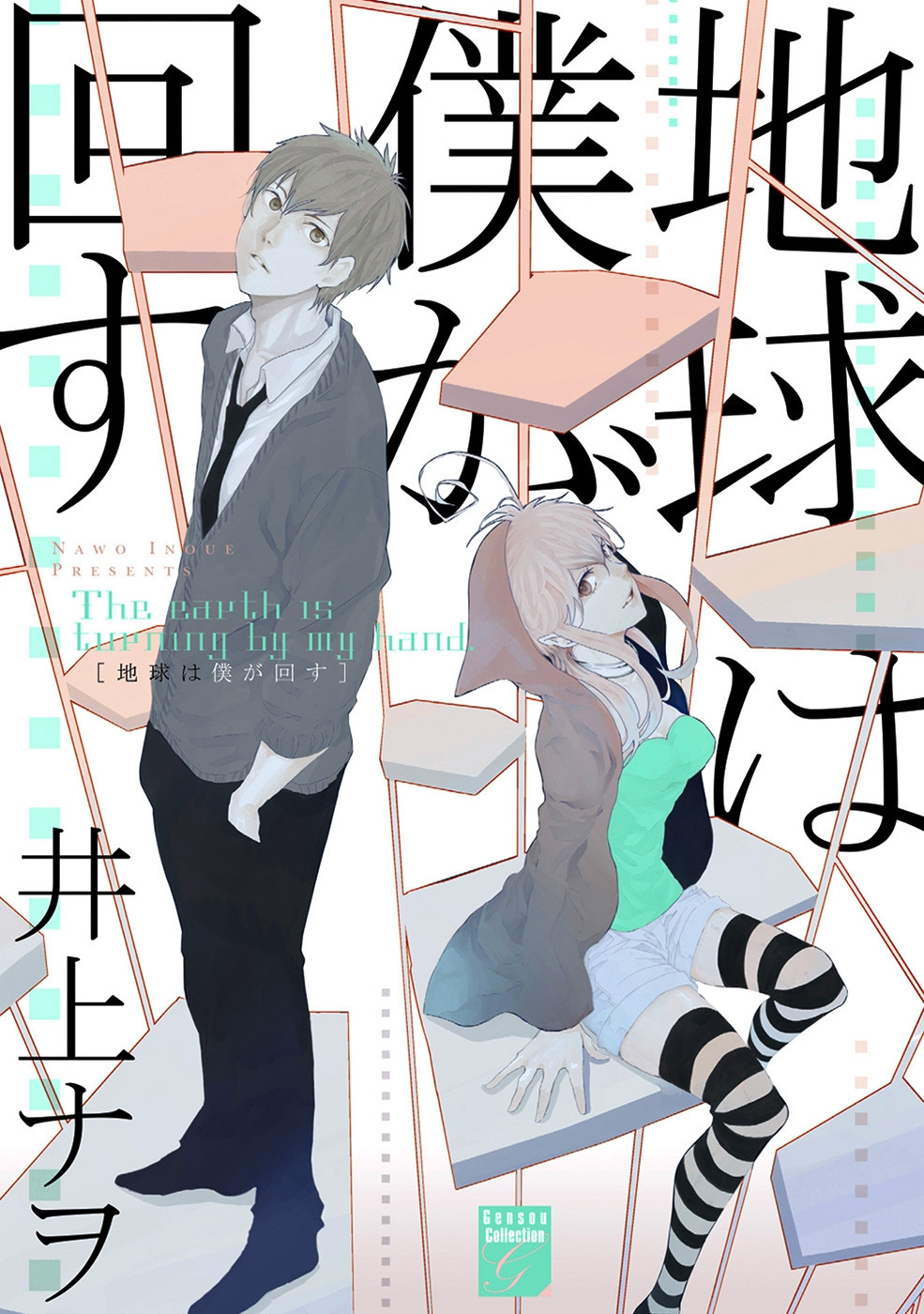
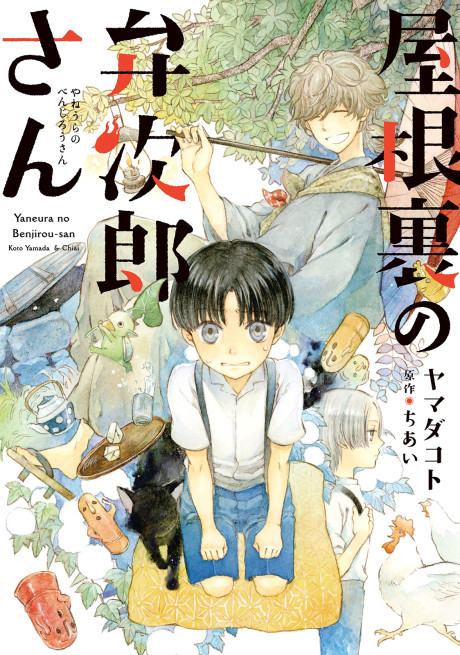
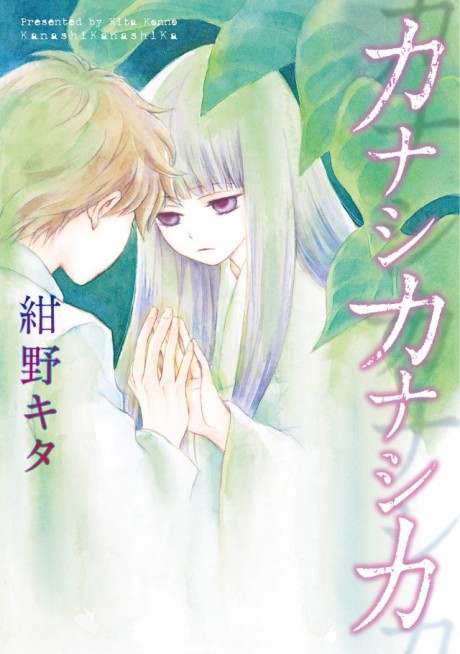
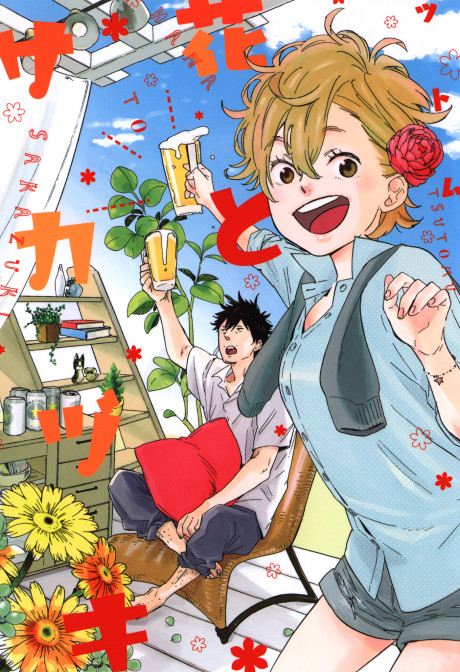
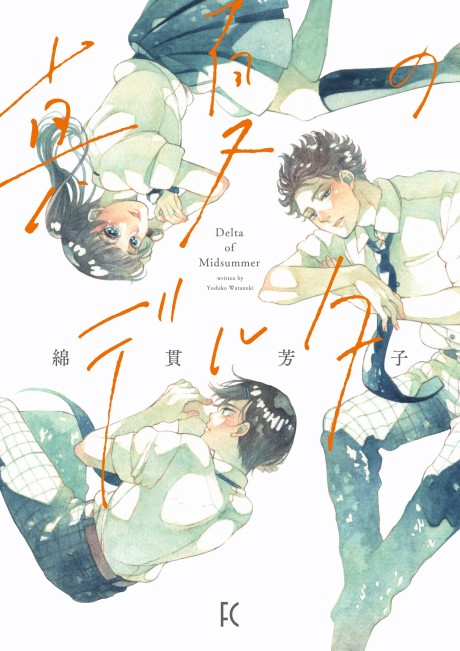
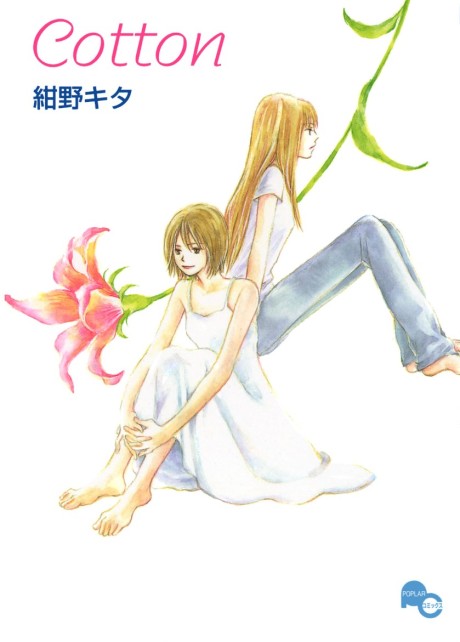
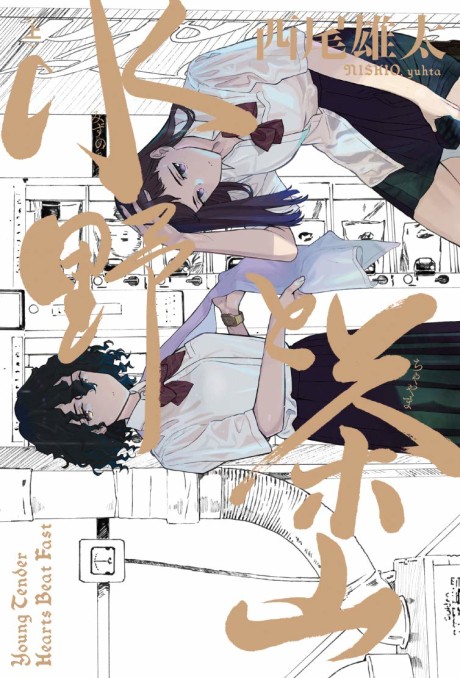
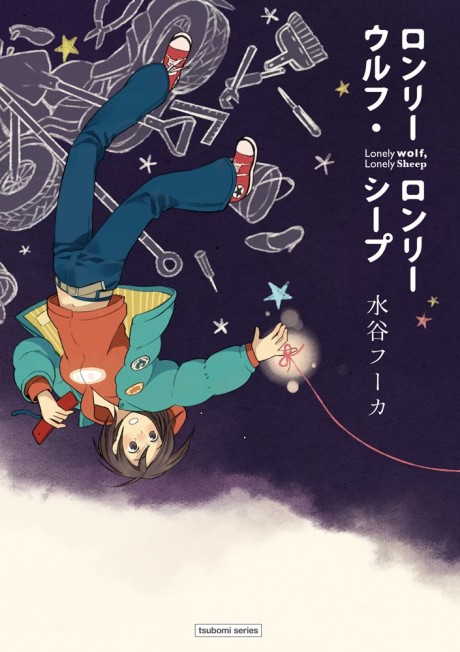
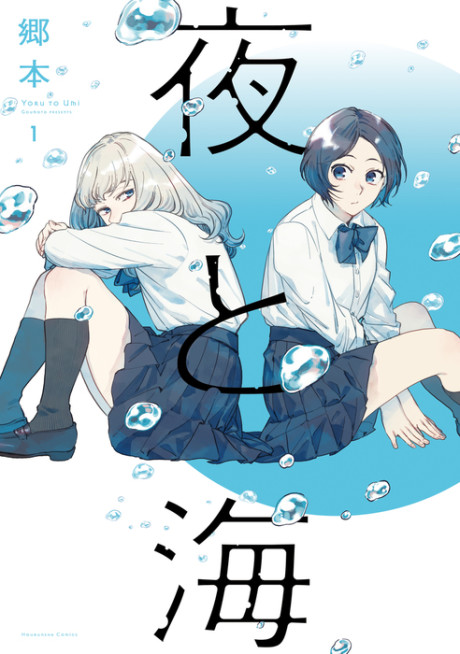
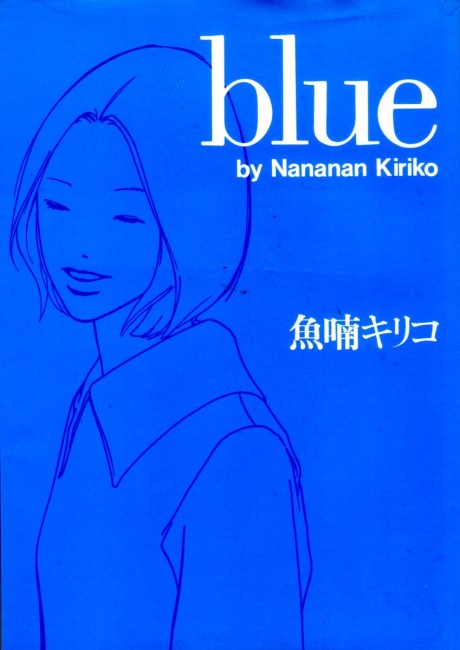
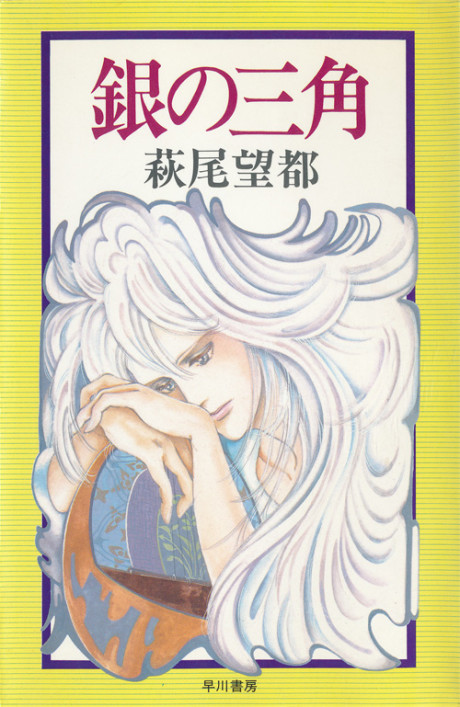
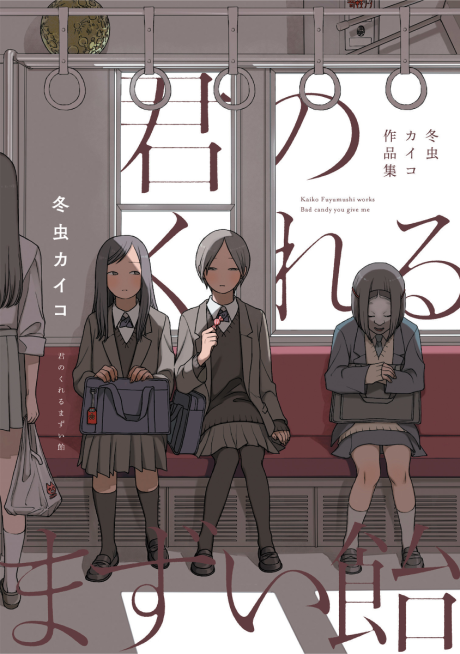
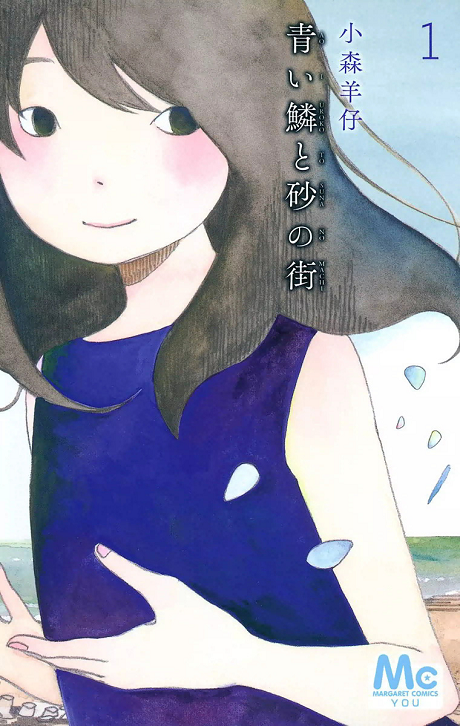
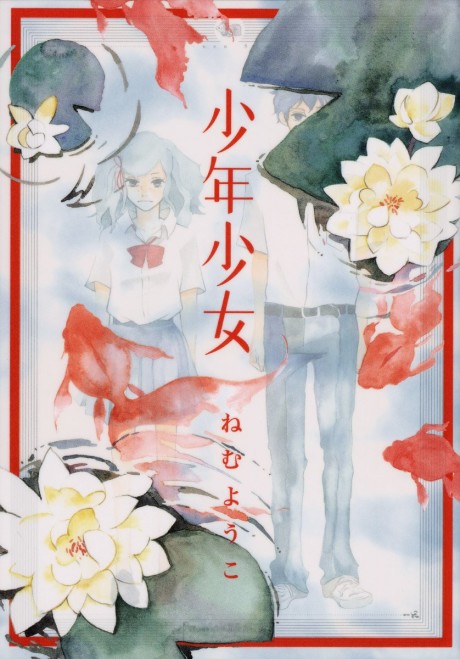
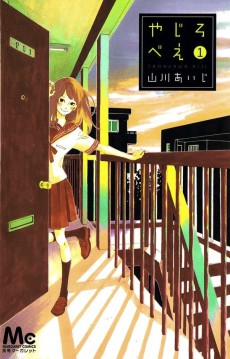
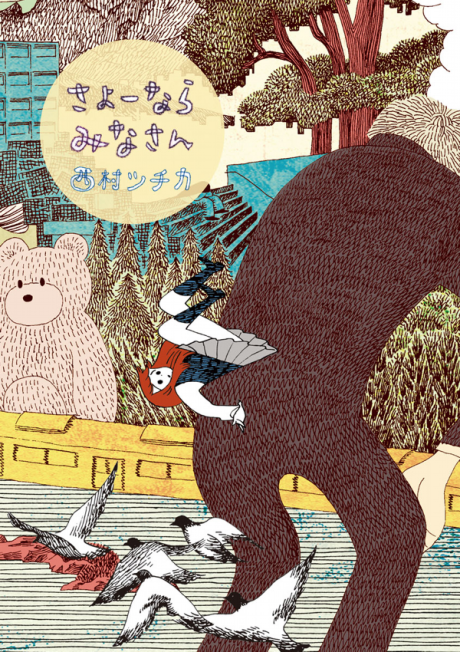
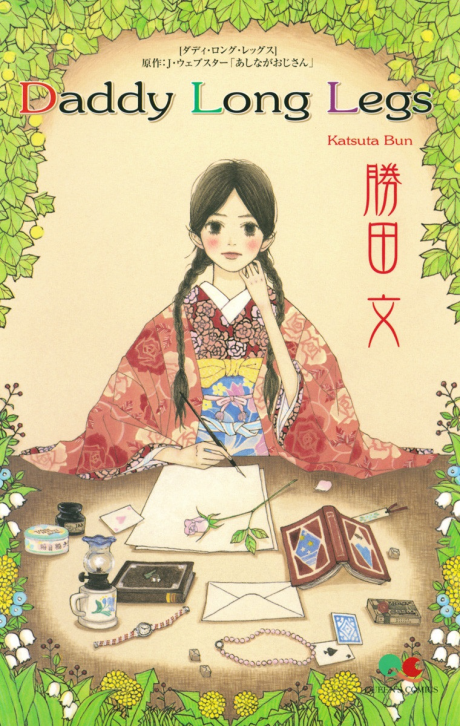

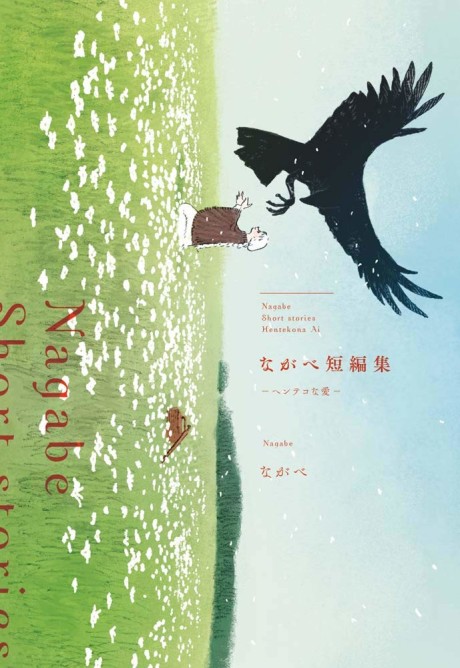
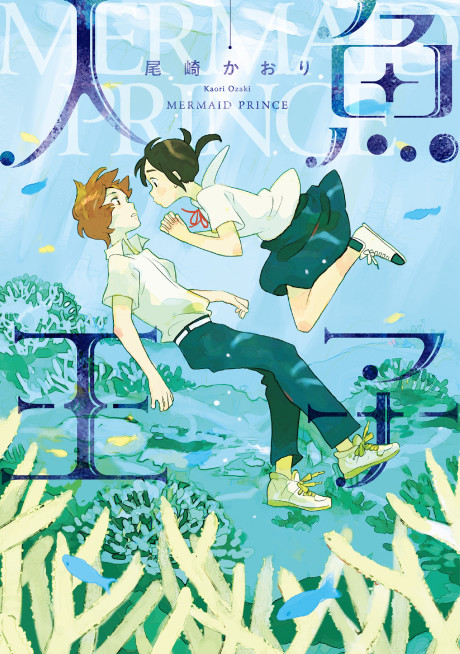


Comments
Post a Comment